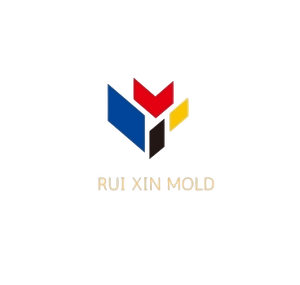The mold industry is undergoing a transformative shift, driven by advancements in smart manufacturing and a growing emphasis on sustainability. As industries worldwide strive for efficiency and eco-friendliness, the mold sector is no exception. This blog explores how these trends are shaping the future of mold manufacturing and what it means for businesses and consumers alike.
Table of Contents
- Smart Manufacturing in the Mold Industry
- Sustainability: A Core Focus
- Key Technologies Driving Change
- Frequently Asked Questions
- Conclusion
Smart Manufacturing in the Mold Industry
Smart manufacturing leverages technologies like IoT, AI, and robotics to optimize production processes. In the mold industry, this means:
- Real-time monitoring of mold conditions
- Predictive maintenance to reduce downtime
- Automated quality control systems

For example, IoT sensors can be embedded in molds to collect data on temperature, pressure, and wear. This data is then analyzed using AI algorithms to predict potential failures before they occur.
Sustainability: A Core Focus
Sustainability is becoming a cornerstone of the mold industry. Key initiatives include:
- Using eco-friendly materials
- Reducing energy consumption
- Implementing recycling programs
For instance, biodegradable polymers are increasingly being used in mold production to minimize environmental impact. Learn more about sustainable materials in our related blog post.
Key Technologies Driving Change
Several technologies are revolutionizing the mold industry:
- 3D Printing: Enables rapid prototyping and complex geometries.
- AI and Machine Learning: Optimizes design and production processes.
- Blockchain: Enhances supply chain transparency.

Frequently Asked Questions
Q: What is smart manufacturing?
A: Smart manufacturing integrates advanced technologies like IoT and AI to create more efficient and adaptive production systems.
Q: How does sustainability benefit the mold industry?
A: Sustainability reduces environmental impact, lowers costs, and meets consumer demand for eco-friendly products.
Q: What role does AI play in mold manufacturing?
A: AI optimizes design, predicts maintenance needs, and enhances quality control, leading to higher efficiency and reduced waste.
Conclusion
The mold industry is poised for a future defined by smart manufacturing and sustainability. By embracing these trends, businesses can achieve greater efficiency, reduce environmental impact, and stay competitive in a rapidly evolving market. For further reading, check out our post on the future of manufacturing.
Tags: Smart Manufacturing, Sustainability, Mold Industry
“`

